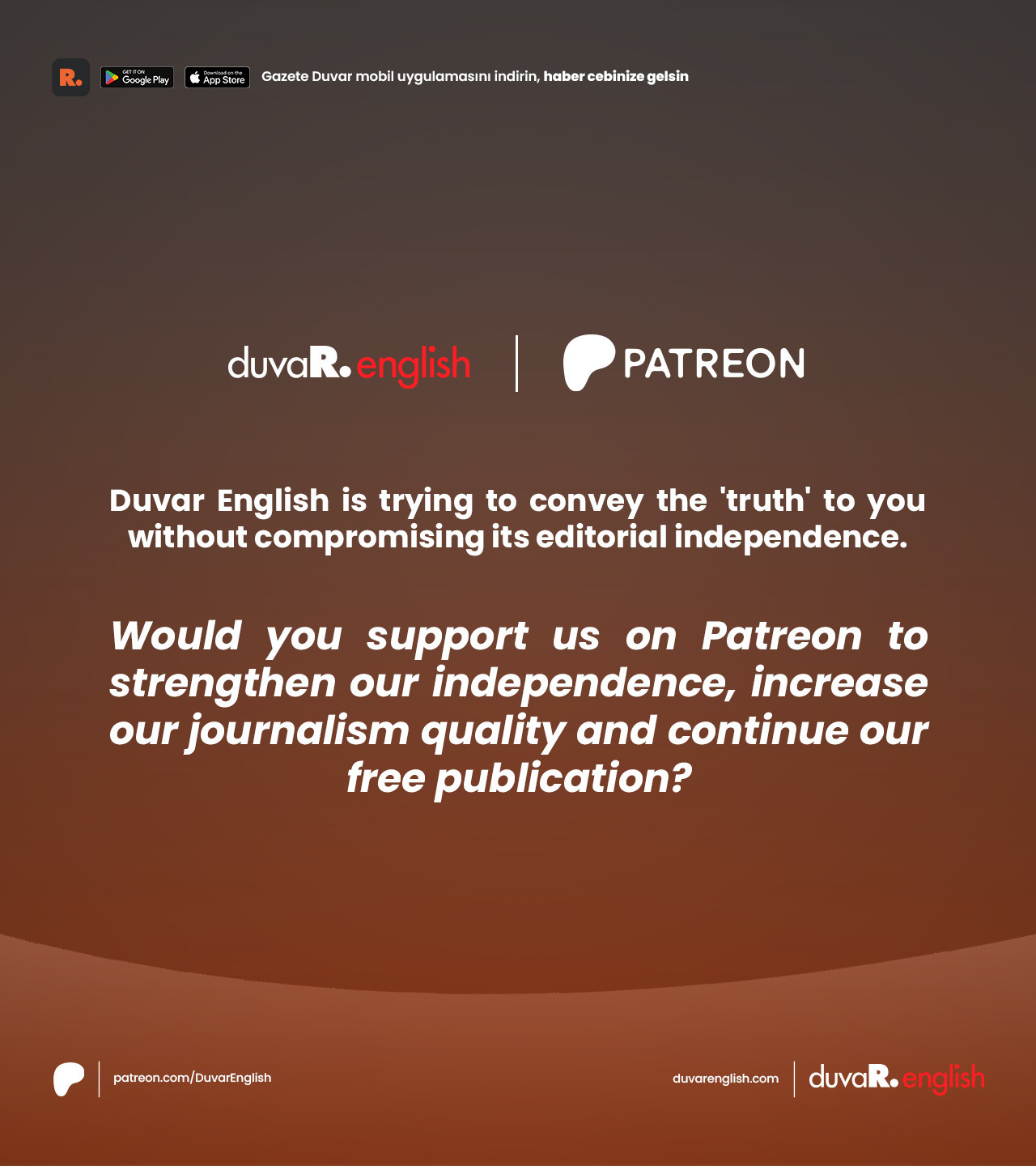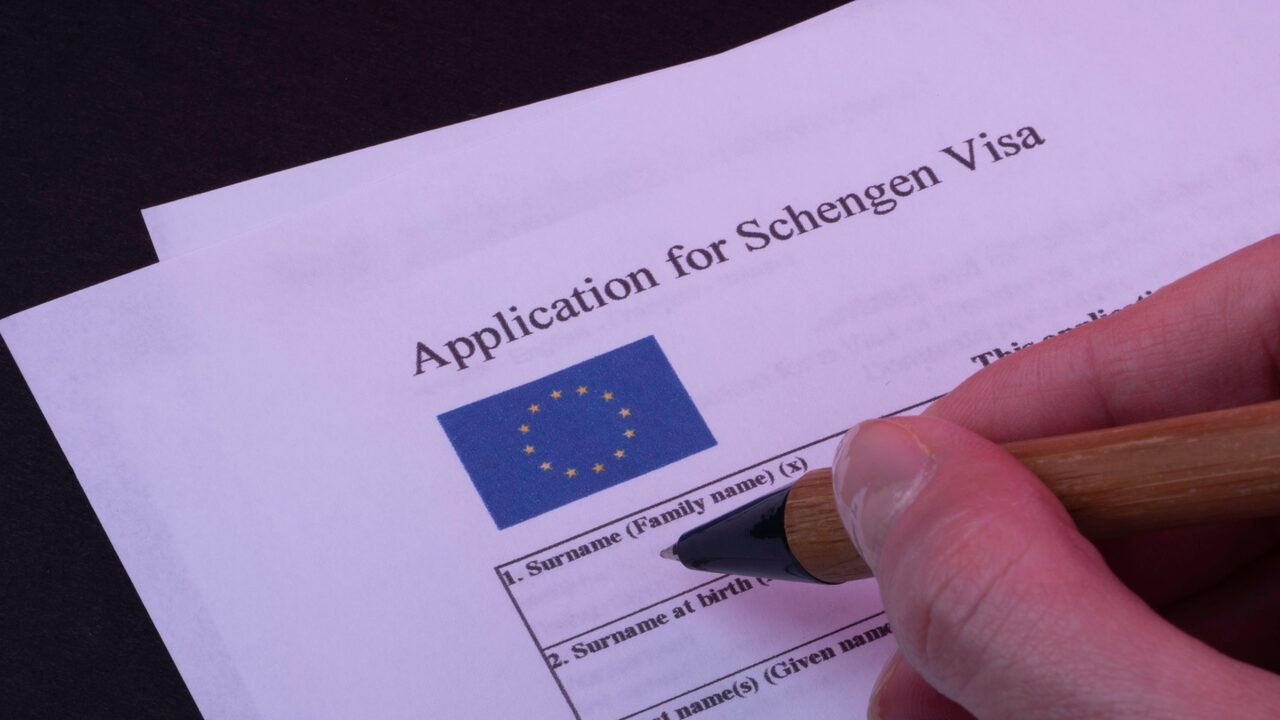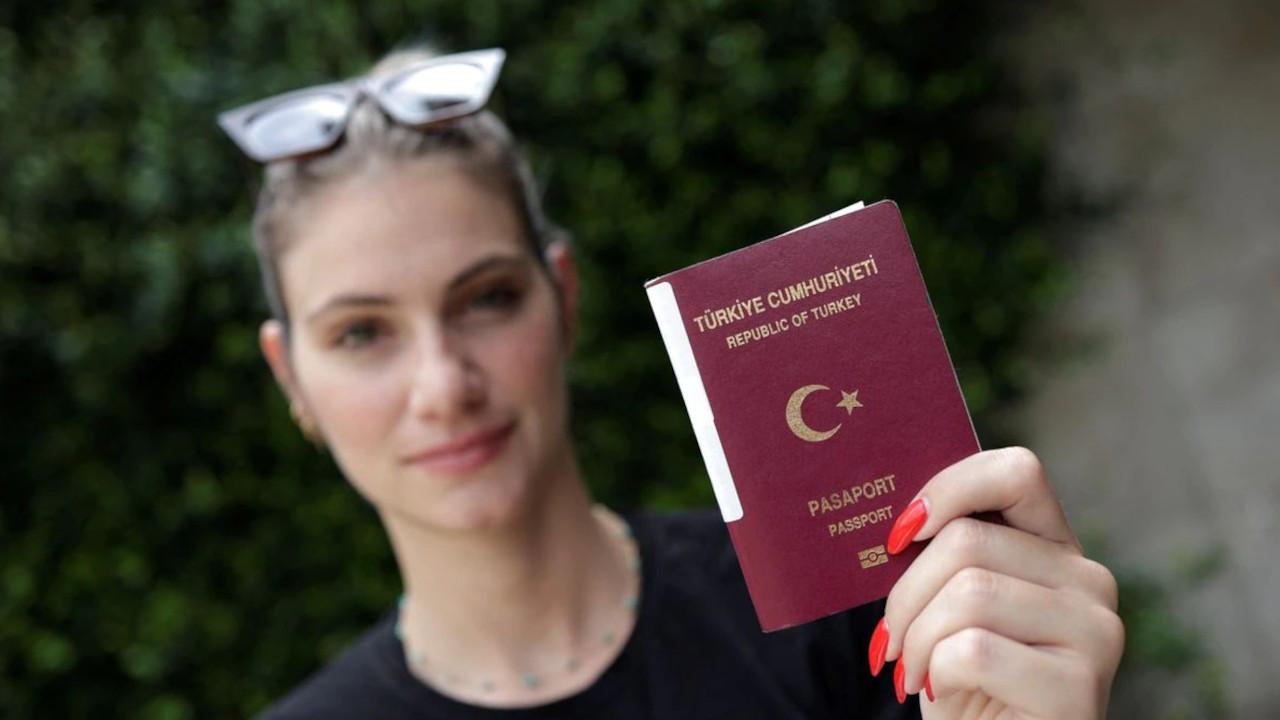Turkey in talks for visa facilitation with EU, says FM
Turkish Foreign Minister Hakan Fidan stated that they have initiated talks with the European Union (EU) regarding visa facilitation for Turkish citizens, following a meeting with EU Commissioner for Neighborhood and Enlargement Oliver Varhelyi in the capital province of Ankara.
Duvar English
Turkey’s Foreign Minister Hakan Fidan on May 24 said that they have begun talks with the European Union (EU) about facilitating the Schengen visa process for Turkish citizens, during a joint press conference following a meeting with EU Commissioner for Neighborhood and Enlargement Oliver Varhelyi in the capital province of Ankara.
In the meeting, Fidan said they have “thoroughly reviewed” Turkey-EU relations and that Turkey remained committed to its commitment to EU goals.
“We will continue to build upon the existing Turkey-EU relations,” he continued.
The parties discussed Turkey's candidate country status and agreed in principle that updating the Customs Union is necessary.
Turkey was working on the visa issue in two stages. The first was to tackle the recent congestion Turkish nationals experienced in visa processes. The second was to fully initiate negotiations on visa liberalization.
Fidan added that they have been negotiating this with their European colleagues for some time, and discussing visa facilitation with EU countries and institutions. The minister noted that their priority was especially businesspeople and students.
The Foreign Ministry in February commented that the visa liberalization process with the EU was “92 percent” complete, with only six outstanding issues.
Ministry spokesperson Öncü Keçeli also warned that no country had the right to use visas as a “political blackmail tool” against Turkish citizens, creating difficulties in their daily lives.
Fidan noted that Schengen visa rejection rates increased steadily since 2016 and soared to 17 percent in 2021. Turkey was the second-largest applicant for visas after Russia but faced a rejection rate nearly five times higher despite the sanctions Russia faced following its invasion of Ukraine.


 Turkish basketball team fields five players abroad over visa rejectionsSport
Turkish basketball team fields five players abroad over visa rejectionsSport Turkey's Schengen visa rejection rate soars, five times higher than embargoed RussiaDomestic
Turkey's Schengen visa rejection rate soars, five times higher than embargoed RussiaDomestic Turks frustrated by 'deliberate' increase in number of European visa rejectionsDomestic
Turks frustrated by 'deliberate' increase in number of European visa rejectionsDomestic